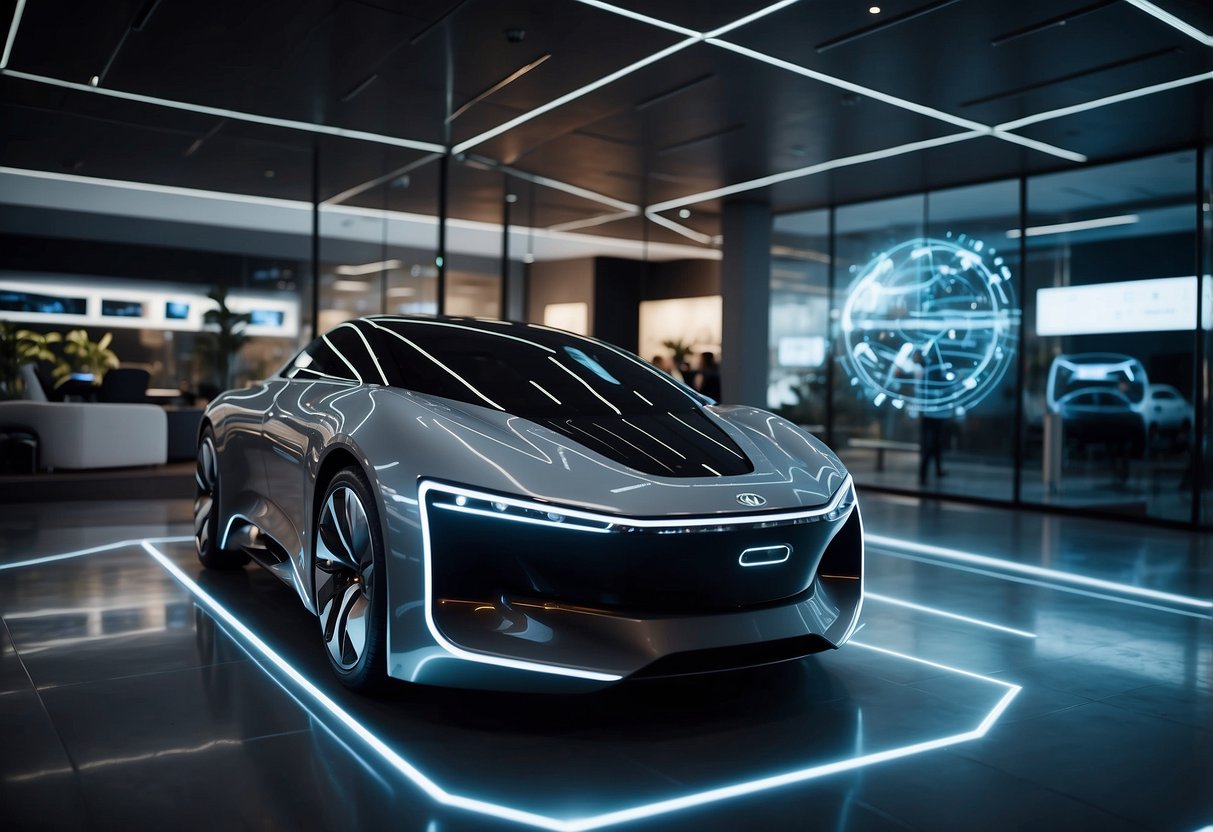
Next-Generation Battery Technology
Advances in battery technology are set to revolutionize electric vehicles, offering significant improvements in both efficiency and longevity. Two standout innovations in this space are solid-state batteries and lithium-silicon batteries.
Solid-State Batteries
Solid-state batteries represent a major leap forward from traditional lithium-ion batteries. They use a solid electrolyte instead of a liquid one, which increases energy density and safety.
Solid electrolytes are less likely to catch fire and can operate at higher voltages. This results in longer battery life and faster charging times. Cars equipped with these batteries can achieve more miles per charge, making them ideal for long-distance travel.
Manufacturers are investing heavily in this technology. Some predict that solid-state batteries will enter mass production within a few years. Their potential to transform the automotive industry is enormous.
Lithium-Silicon Batteries
Lithium-silicon batteries replace the graphite anode in conventional lithium-ion batteries with silicon. This change can significantly increase energy storage capacity. Silicon is able to hold more lithium ions, allowing these batteries to store up to ten times more energy.
These batteries are not without challenges. Silicon expands and contracts during charging cycles, which can cause degradation. However, ongoing research is making strides in overcoming these issues.
Automakers are particularly interested in these batteries for their potential to extend the range of electric vehicles. As these solutions move toward commercialization, they hold promise for making electric cars more efficient and accessible.
AI-Powered Personal Car Assistants
AI-powered personal car assistants have transformed how drivers interact with their vehicles. These advanced systems utilize machine learning to anticipate driver needs, manage in-car functions, and provide real-time updates.
With natural language processing, these assistants can understand and respond to voice commands. This allows drivers to control navigation, adjust climate settings, and play music without taking their hands off the wheel.
These assistants often integrate seamlessly with smartphones, enabling hands-free calling and messaging. They also offer reminders and calendar management, ensuring that drivers stay connected and organized on the go.
Safety is a key benefit. AI-powered assistants can deliver alerts about traffic conditions, speed limits, and potential hazards. They can even monitor driver behavior, recommending breaks if signs of fatigue are detected.
Voice-activated navigation systems are another highlight. They provide turn-by-turn directions while finding the fastest routes based on current traffic data. Some can even suggest nearby points of interest like gas stations or restaurants.
The use of AI also extends to predictive maintenance. These assistants can notify drivers when service is needed based on real-time diagnostics, helping to prevent breakdowns and extend vehicle lifespan.
Advanced personalization capabilities allow these systems to learn driver preferences for seat positioning, temperature settings, and preferred radio stations. They can then automatically adjust these settings for a personalized driving experience.
The integration of these assistants with smart home devices adds another layer of convenience. Drivers can control home lighting, thermostats, and security systems from within their vehicle, making daily routines smoother and more efficient.



